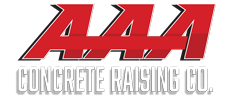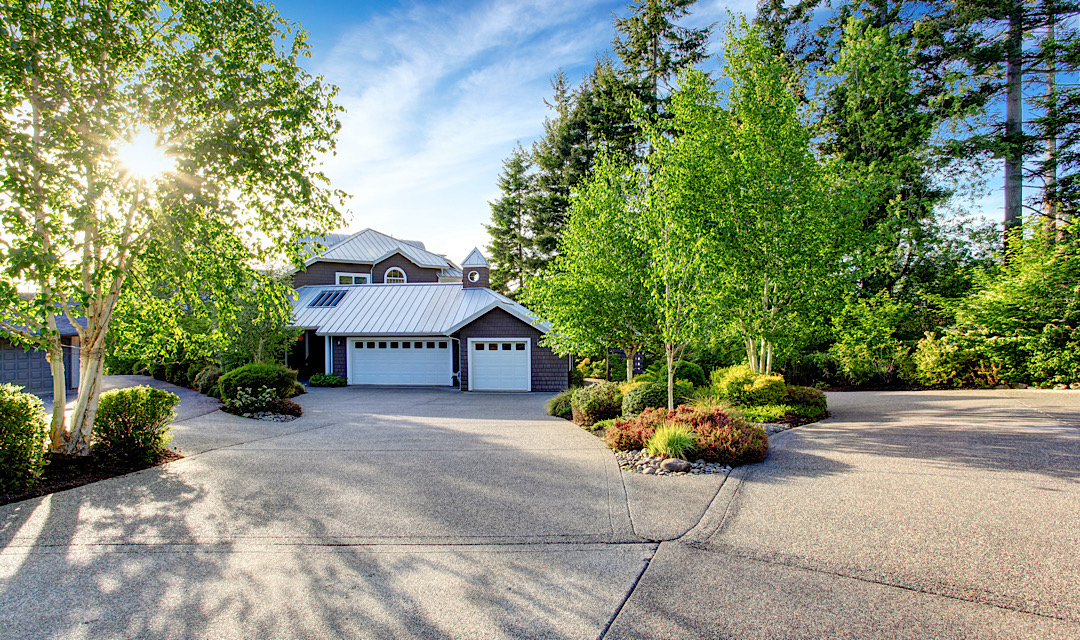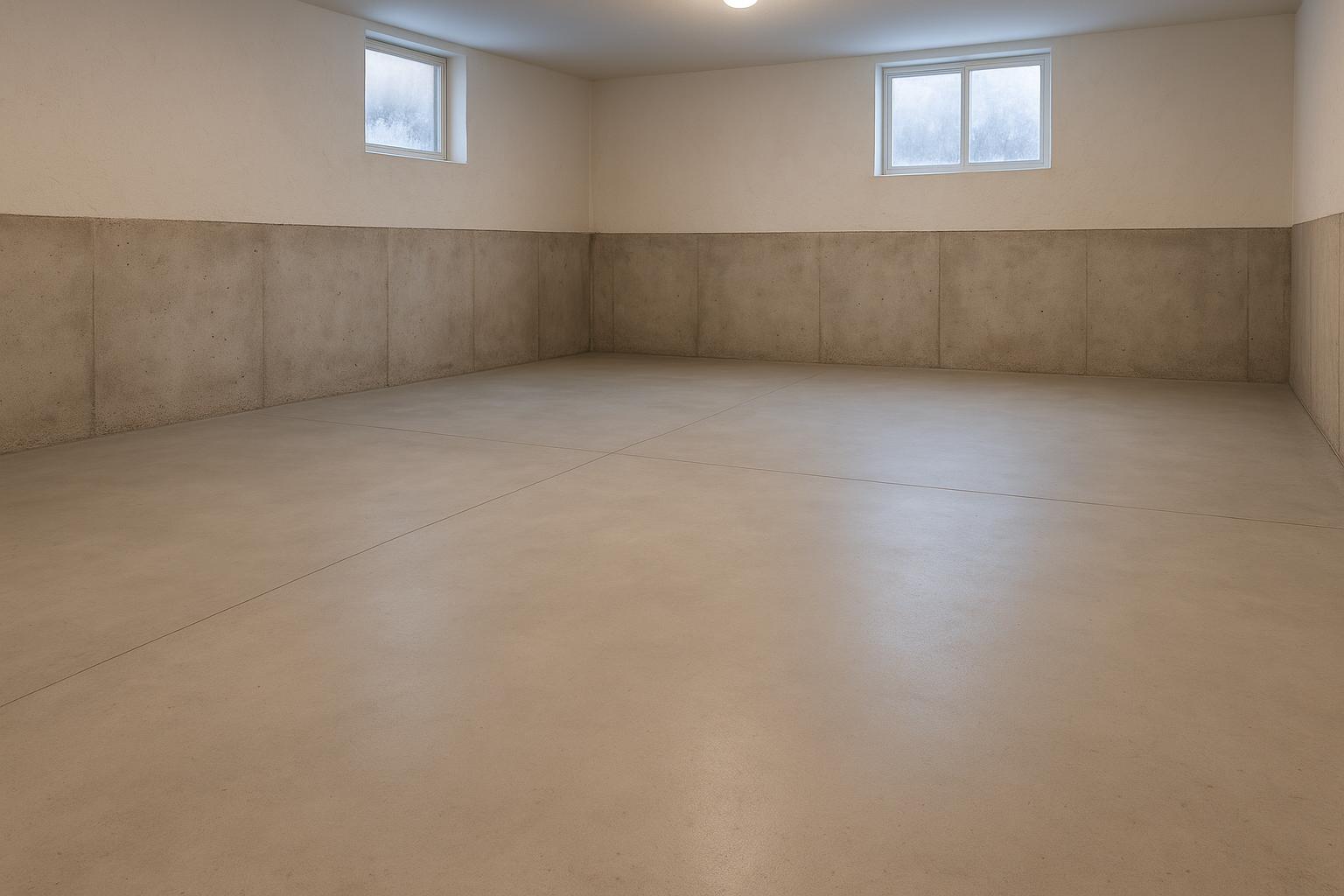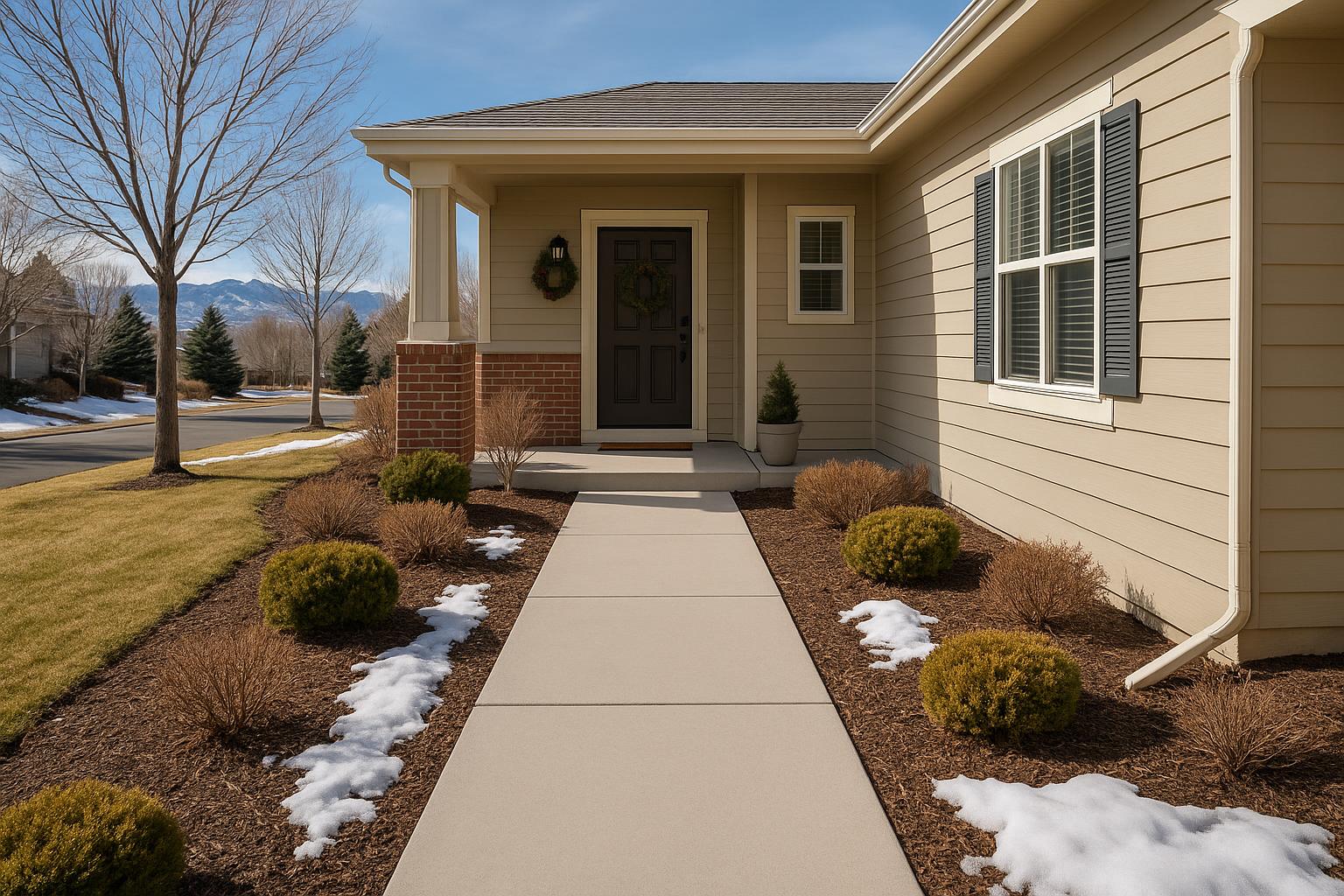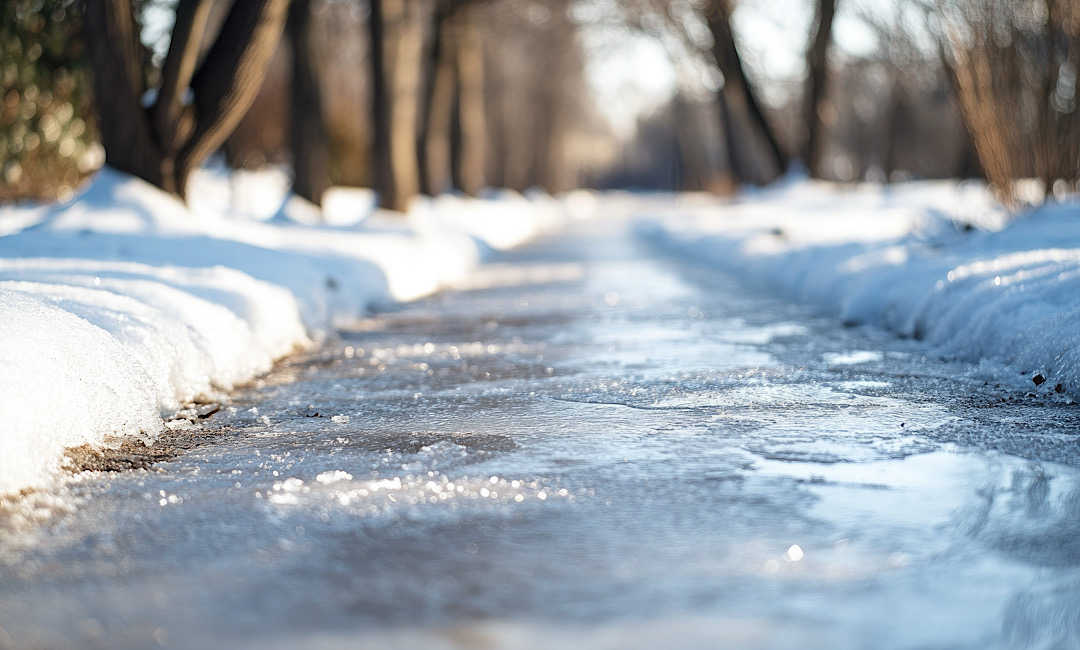Assess the Condition of Your Driveway
Start by thoroughly inspecting your driveway for any signs of wear or damage. Look for cracks, potholes, uneven sections, and areas where the concrete may have lifted or sunk. Early summer is the ideal time to conduct this inspection, as Denver’s mild weather provides the perfect conditions for repair work. Documenting the current state of your driveway can help you track its condition over time and make informed decisions about necessary repairs.
Clean Thoroughly
After the harsh Denver winter, your driveway will likely have accumulated debris, dirt, and stains. Begin your summer preparations by giving your driveway a comprehensive cleaning:
Sweep away debris: Use a stiff broom to remove leaves, twigs, and dirt.
Wash the surface: Using a pressure washer, clean the driveway to remove grime, oil stains, and residues from de-icing salts that can degrade the concrete over time. If you don’t have a pressure washer, a hose with a high-pressure nozzle can work as well.
Treat stains: For stubborn oil and grease stains, apply a degreaser or a detergent solution, allowing it to sit for several minutes before scrubbing with a stiff brush.
Repair Cracks and Damage
Addressing cracks and other damage is crucial to preventing further deterioration, especially given the potential for intense sun and heat through the Denver summer:
Fill cracks: Use a concrete crack filler or sealer to repair smaller cracks. For larger gaps or holes, a concrete patch product may be necessary. Ensure that the filler is compatible with your driveway’s concrete.
Consider professional resurfacing: For extensive damage, hiring professionals to resurface the driveway might be the best option. They can apply a new layer of concrete over the existing surface, which not only repairs but also strengthens the driveway.
Apply a Sealant
Sealing your driveway is essential for protecting it from UV rays, moisture penetration, and chemicals:
Choose the right sealant: Select a sealant designed for concrete driveways and suitable for Denver’s climate. Products that offer UV protection and waterproofing are ideal.
Apply the sealant: Follow the manufacturer’s instructions for application, which typically involves spreading the sealant evenly across the surface with a sprayer or roller. Apply during a dry period as most sealants require 24-48 hours without rain to properly cure.
Upgrade Landscaping and Drainage
Improving the area around your driveway can enhance its longevity and appearance:
Ensure proper drainage: Check that water flows away from the driveway to prevent pooling and water damage. Adjust gutters and downspouts if necessary to direct runoff away from the concrete.
Landscaping: Consider adding border plants or decorative rocks along the edges of your driveway. Not only do these elements enhance curb appeal, but they also help protect the edges of your concrete from chipping and cracking.
Regular Maintenance
Establish a routine maintenance schedule for your driveway:
Regular cleaning: Periodically sweep and wash your driveway to prevent the build-up of materials that can stain or damage the concrete.
Immediate stain removal: Quickly address oil, grease, or chemical spills to prevent them from penetrating the surface and causing damage.
Inspection: Regularly inspect your driveway for new signs of damage, especially after storms or extreme weather events.
By following these steps, Denver homeowners can ensure that their concrete driveways are prepared for the summer season, providing a durable and visually appealing entrance to their homes. This care not only enhances the driveway’s functionality and aesthetic but also contributes to the overall property value.
